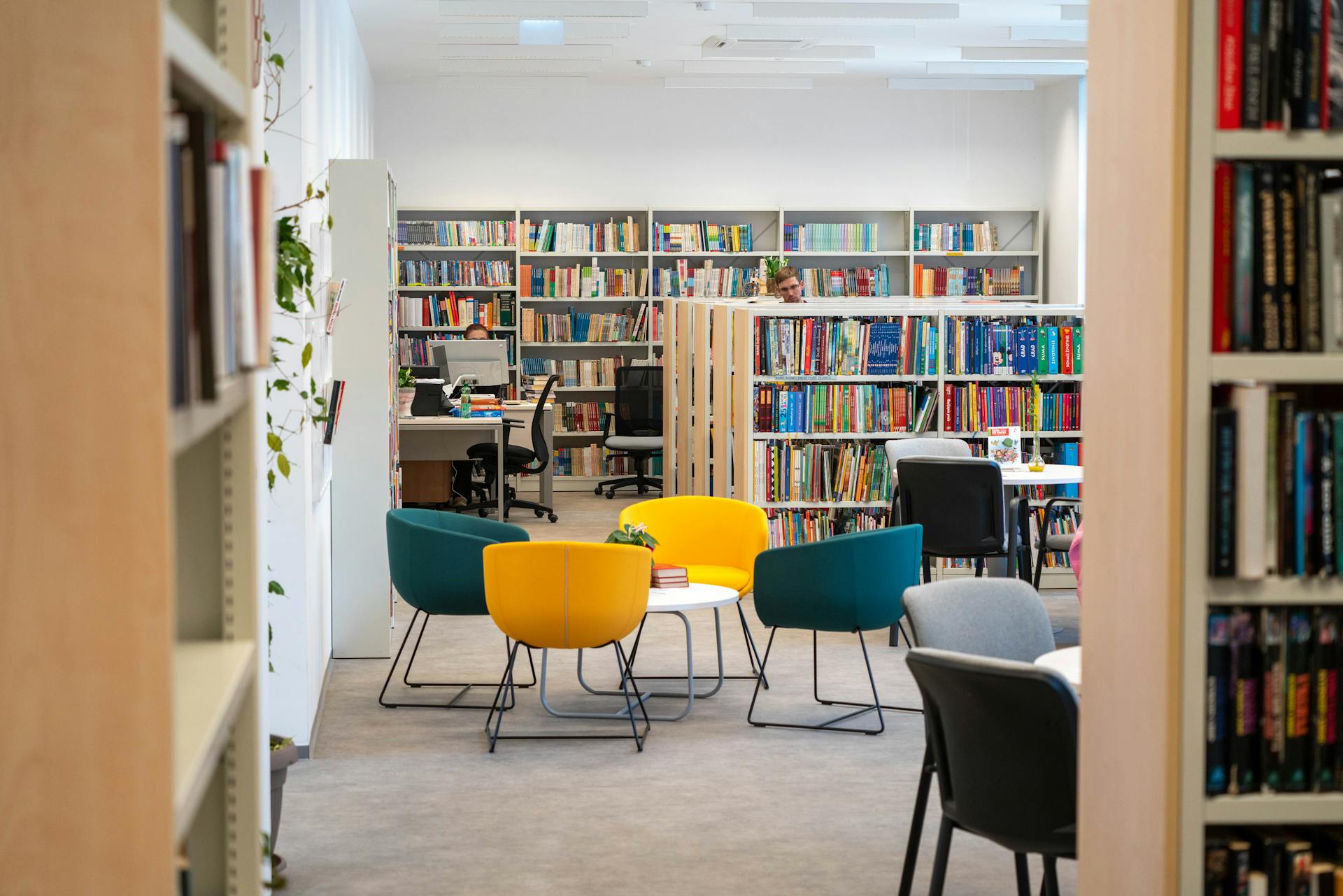When I walked through the doors of Maidenhead library to begin my first day as a ‘Library Assistant’ back in 2015, I wasn’t exactly buzzing with excitement. You’d be hard pressed to find many 21 year old graduates clambering to kickstart their librarian careers, but I was thankful for the work and had developed a fond relationship (of the love-hate variety) with libraries during my time at university.
What I didn’t see coming, however, was witnessing what exactly a modest library can mean to so many in the community – a safe place where everyone, regardless of their background, can learn, rest and feel a sense of belonging.
Although my three-year career as a librarian was short-lived, it forever shifted my perception of these incredible multifaceted community centres and opened my eyes to what life could be like without them for so many. Sadly, the reality of libraries being lost to history is very real. But how have we got here and what can we do to fight for these pillars of community? Let’s take a look.
Challenging Stereotypes: Swiss Army Knife of Community Centres
There are two main perceptions of librarians: the mean old rule-keepers and the shy introverts who escape life through the written word. Now, while both caricatures do exist, the vast majority of librarians and wider library staff do their job because they truly believe in the sanctity of libraries.
Once places where talking was frowned upon and you were to fear the stern librarian eyeing your every move, many libraries are now places of laughter, conversation and community, all led by friendly staff.
Across the libraries I worked at, we held weekly children’s ‘Rhyme Time and Storytime’ sessions for tired parents looking to entertain their little ones, IT skills-based classes for adults out of work, ‘knit and natter’ sessions for knitters and natters, book clubs, educational talks – the list just goes on and on.
It was also in the mundane, day-to-day life of a librarian that you could witness the significant role libraries have on the public.
One of my favourite memories from my work was a parent coming up to me and genuinely thanking me for helping her son fall in love with reading. It turned out by me simply recommending a popular book series I thought he might like, he went from being a reluctant reader to a full on bookworm. Even as someone in their early 20s, it struck me how this could be one of those important ‘life moments’ that this child might look back on and it was made possible through a small village library.
The Funding Crisis: Cuts and Closures
Despite all the wonderful services libraries provide, since 2010 they’ve essentially been under attack from the institute that funds them, the British government.
Even before the Conservative-led coalition government took power in May of 2010, David Cameron and Co spoke of the need to make cuts during what was a pretty miserable financial situation across the globe. So it came as no massive surprise when local councils, who faced immense budget slashes, looked to the humble library to make some savings.
To put this into numbers, from 2009/10 to 2022/23 net spend by local councils in England fell by 47% from £1.2 billion to £673 million. This translated to more than 10% of libraries closing permanently and many, many more having their hours stripped back, staff reduced and services diminished.
But are libraries truly expendable and a thing of the past? Plenty of data suggests otherwise…
The Economic and Community Values of Libraries
Despite being forced into survival mode for almost 15 years, the public demand for libraries remains strong across the country. Take the county of Northumberland for example, which in the first quarter of 2024 saw a 13.9% increase in membership and a massive 237% increase in event attendance across all its libraries. And these are just numbers, when you dive beyond the statistics and into how this impacts individuals and their sense of community, it takes on a whole new meaning.
But what about the economic impact, I hear some of you saying – we can’t be spending money that doesn’t exist. Well, libraries in England alone generate an estimated value of at least £3.4 billion per year. That means public libraries generate a 405% ROI on their £673 million budget. This includes an estimated £27.5 million saved by the NHS thanks to the positive association libraries have on our general health.
Not bad for a ‘non-essential’ service, right?
The Fight to Save Our Libraries
Even with the clear community and economic positives that they deliver each year, the number of libraries in the UK continues to dwindle. Since 2016 alone, 180 council-run libraries have been boarded up or handed over to volunteer groups, with lower-income communities four times more likely to see their libraries shut down.
With all that’s going on in the world, finding some fight and fire to battle these closures might feel like a lesser cause. But when we lose a library, we lose more than a collection of books – we lose a safe space for children to wait for their parents after school, we lose the opportunity to inspire the next generation of writers and ultimately, we lose a cornerstone of community life.
When I think back to my days working in the libraries across the Royal Borough of Windsor and Maidenhead, I realise how profoundly they shaped my understanding of community and the powerful role it plays. And in a society where community spirit often feels like a fading memory, libraries have never been more essential.
So, how can you do your part to fight for our libraries? First of all, if you’re not a member, head down to your local library today to sign up and start using its facilities. If you have some spare time on your hands or are retired, consider putting your name down to volunteer. This helps support library staff with their growing to-do lists and allows you to see firsthand the amazing impact libraries have. For those politically inclined, write to your local councillors and MP letting them know how much you and your community value its libraries.
Whether you choose to become a member, volunteer or advocate, let’s ensure libraries don’t just survive but remain a third place staple for generations to come.
—
Daniel is a freelance copywriter and content manager, who works with clients across digital and print. Oh, and he also happens to be a big library fan – who would have guessed! If you’d like to learn more about his work, head over to his website, visit his LinkedIn or send an email to info@danieljohncopy.com.




Comments